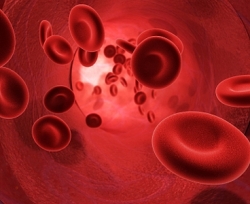Feb 16 2011
MIT researchers, working with the Cardiovascular Research Center at the Massachusetts General Hospital have created a miniature implant that will trace signs in the bloodstream of patients who are unable to detect symptoms of minor heart attacks. This development will enable physicians to decide if a patient has suffered a heart attack or not.
 MGH's Heart Sensor Implant
MGH's Heart Sensor Implant
The team, researching on mice, showed that the implants could trace three protein levels that peak following a heart attack. The device could enable doctors to study patients who are potentially at a risk of heart attack, ensuring that they react more quickly in the event of an attack, preventing serious complications.
The team also found that the sensors will not only track the proteins, but also inform the doctor how much protein has been present. This will allow biomarkers, or biological molecules that show the state of a disease, to be tracked even when they disappear from the bloodstream, according to Michael Cima, professor of materials science and engineering and senior author of a research paper on the work that was published in the February 13 issue of Nature Biotechnology.
The tiny implant that is shaped like a disk of 2mm thick and 8mm wide, consists of iron-oxide particles covered with antibodies aimed at a particular biomarker. A semi-permeable membrane helps the protein targets to get inside the device, where they attach themselves to the antibodies. The team implanted six sensors, two for each biomarker, under the skin of each mouse, and studied them with magnetic resonance imaging (MRI). The sensor output was proportionate to the heart damage, revealing the severity of the attack at the first glance.